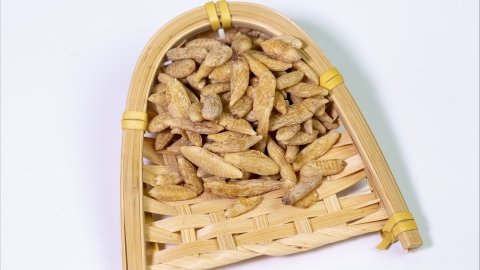Can Angelica sinensis and Ophiopogon japonicus treat constipation?
Generally, Angelica sinensis (Dang Gui) and Ophiopogon japonicus (McDoor) can help relieve constipation to some extent, but their effectiveness is limited. It is recommended to use them under the guidance of a physician. The detailed explanation is as follows:

Angelica sinensis has functions of nourishing blood, promoting blood circulation, moisturizing the intestines, and relieving constipation. It is suitable for constipation caused by blood deficiency and intestinal dryness; patients often exhibit symptoms such as pale complexion, dizziness, palpitations, and blurred vision. Meanwhile, Ophiopogon japonicus can nourish yin, generate body fluids, moisten the lungs, and clear the heart. It helps maintain intestinal moisture and prevents dry and hard stools caused by body fluid deficiency by nourishing the intestinal tract.
However, for severe constipation, especially when accompanied by symptoms such as abdominal pain, vomiting, or existing intestinal diseases, using Angelica sinensis and Ophiopogon japonicus alone may not resolve the issue and could potentially delay treatment. In such cases, immediate medical attention is necessary, and treatment should follow professional medical advice. Prior to using Angelica sinensis and Ophiopogon japonicus for constipation, it is advisable to consult a traditional Chinese medicine practitioner or physician to ensure safety and effectiveness.
In daily life, it is recommended to maintain healthy lifestyle habits, such as drinking adequate water, consuming more vegetables and fruits, and establishing regular bowel habits, which can also help prevent and alleviate constipation.







